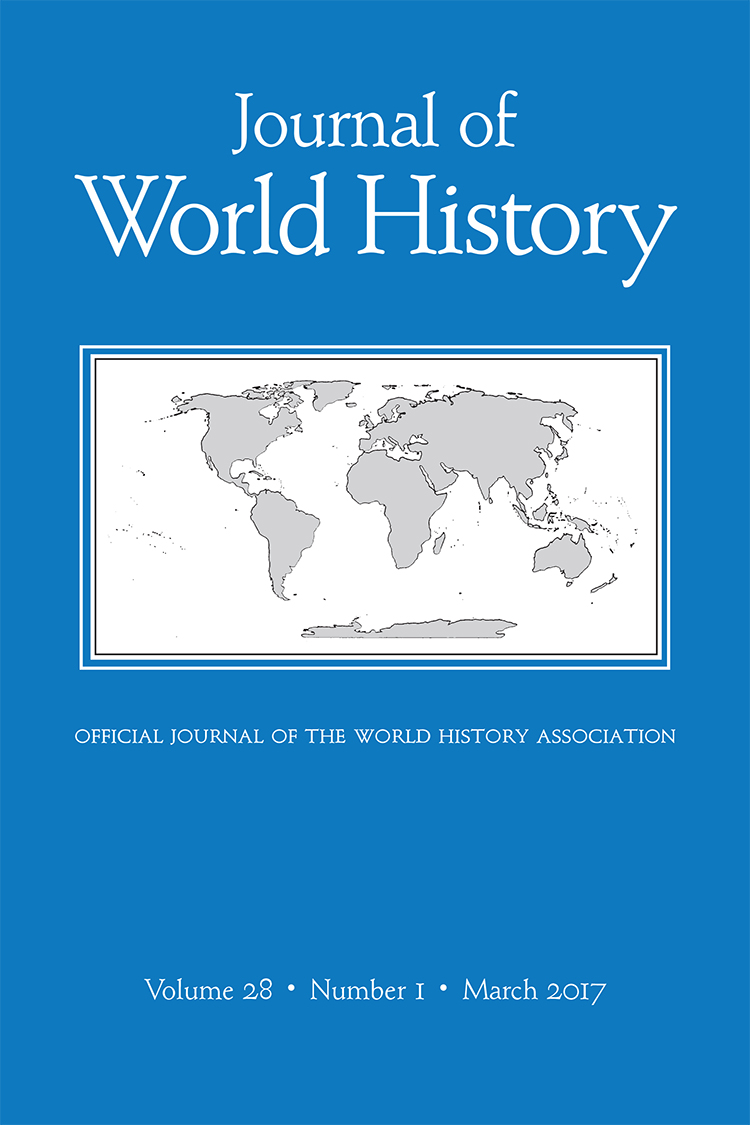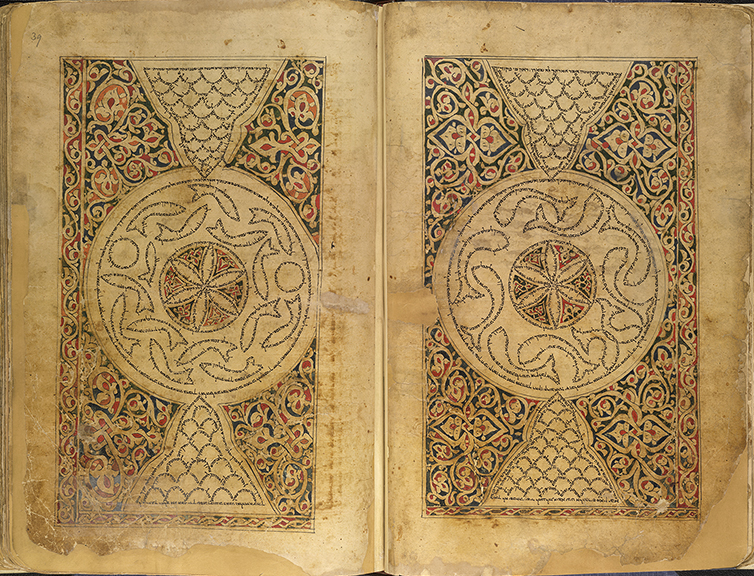Journal of World History volume 29, number 1 arrives with three articles covering Brazil, China, and India:
Articles
-
The British Empire and the Suppression of the Slave Trade to Brazil: A Global History Analysis by Tâmis Parron
- Abstract: This essay examines the connections between the British free trade experiment, the reorganizing of the British Empire and the ultimate suppression of the transatlantic slave trade to Brazil in its fully global operative context. While most analyses of the nineteenth-century transatlantic slave trade focus on bilateral diplomatic relations or national decision-making processes, this essay puts forth a broader analytical framework. It places the end of the transatlantic illegal slave trade to Brazil in 1850 within the dynamics of the world-economy. In a broader sense, this essay sheds new light on debates about capitalism and slavery as it reveals nineteenth-century capitalism not as a static background for historical analysis, but rather as a dialectical process moving through a sequence of disruptive commodity market integrations, each of which posed specific economic and political challenges for slaveholders and antislavery actors alike.
-
The Rise of Nationalism in a Cosmopolitan Port City: The Foreign Communities of Shanghai during the First World War by Tobit Vandamme
- Abstract: By the early 1900s, globalization and imperialism had created cosmopolitan cities such as the Chinese treaty port of Shanghai, where foreign minorities lived side by side. The outbreak of the First World War put enormous pressure on these multiethnic urban societies. By exploring how the war altered the cohabitation of Westerners in Shanghai, this article connects with current debates on the mechanisms of longdistance nationalism and cosmopolitanism as well as on the importation of conflict in diaspora communities. The many imperial diasporas of Shanghai mostly lived in the French- and British-controlled territories, where the balance of power was renegotiated during the war. Analyzing local community newspapers and diplomatic archives, this article explains why nationalism superseded the shared feeling of cosmopolitanism that prevailed before the war. The cosmopolitan tradition and political complexity clearly delayed the arrival of the war at Shanghai, but could not prevent the process.
-
Present at the Creation: India, the Global Economy, and the Bretton Woods Conference by Aditya Balasubramanian and Srinath Raghavan
- Abstract: This article considers India’s participation in the Bretton Woods conference, where the framework for the post-World War II global economic order emerged. Building on the new historiography of Bretton Woods as well as a more specialized literature on the Indian economy, it shows India’s role in Bretton Woods at the confluence of national, imperial, and global historical processes. The article argues that India’s presence in the conference shaped the evolution of the country’s relationship to international economic institutions. The article addresses India’s changing role in the British Empire and world economy, the evolution of a discourse of Indian economic development alongside anti-colonial nationalism, the formulation of Indian objectives for the conference in the aftermath of the economic dislocations of World War II, and the interpretation of the outcomes of the meeting at home that informed India’s subsequent ambiguous relationship with international economic organizations.
Plus 15 book reviews and books received.
Find the full text of the issue at Project MUSE
Sign up to receive e-mail alerts about Journal of World History new issues from Project MUSE
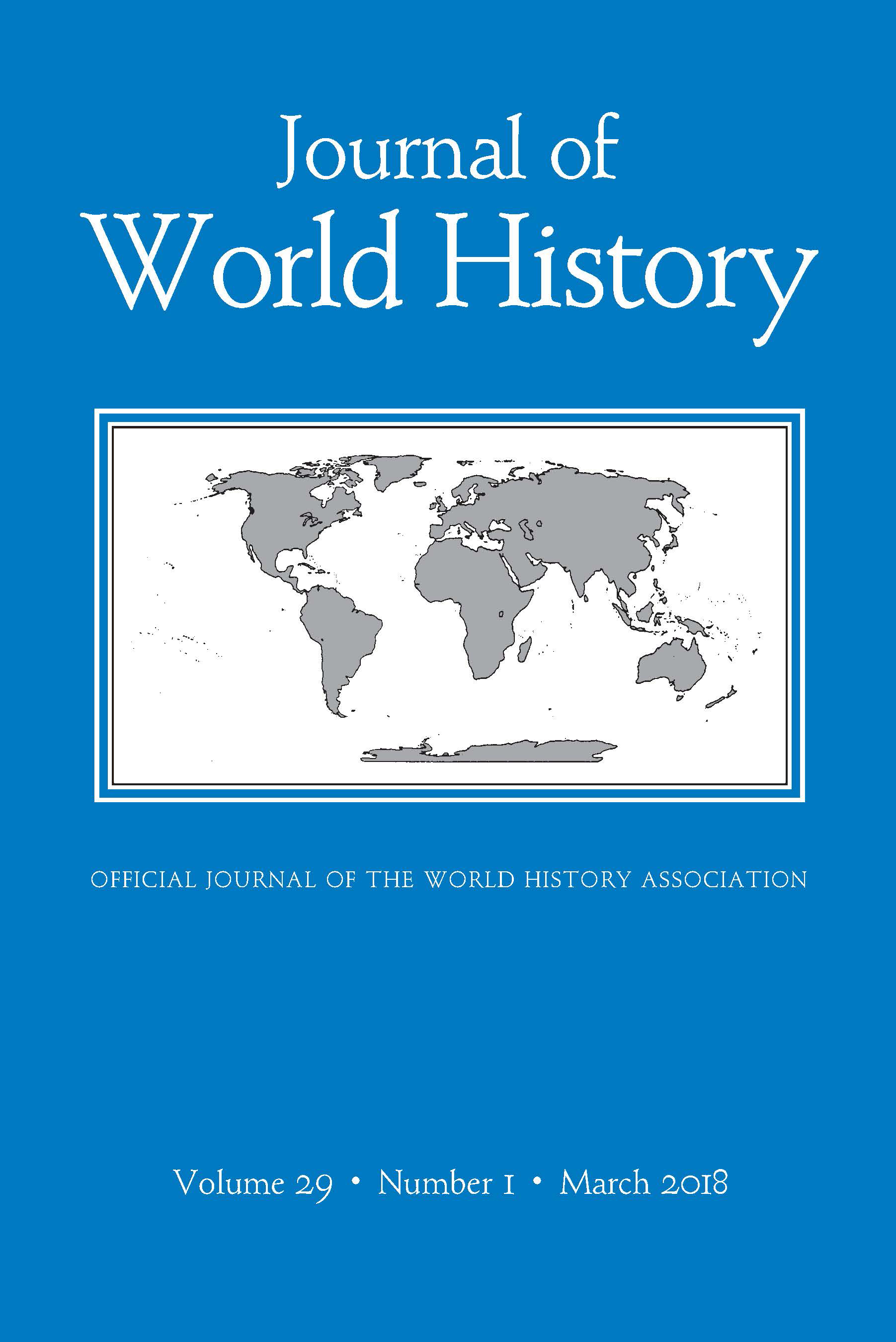 About the Journal
About the Journal
The Journal of World History publishes research into historical questions requiring the investigation of evidence on a global, comparative, cross-cultural, or transnational scale. It is devoted to the study of phenomena that transcend the boundaries of single states, regions, or cultures, such as large-scale population movements, long-distance trade, cross-cultural technology transfers, and the transnational spread of ideas.
Subscriptions
Individual subscription is by membership in the World History Association. Institutional subscriptions available through UH Press.
Submissions
The Journal of World History is proud to introduce a new article and peer review submission system, accessible now at at jwh.msubmit.net.





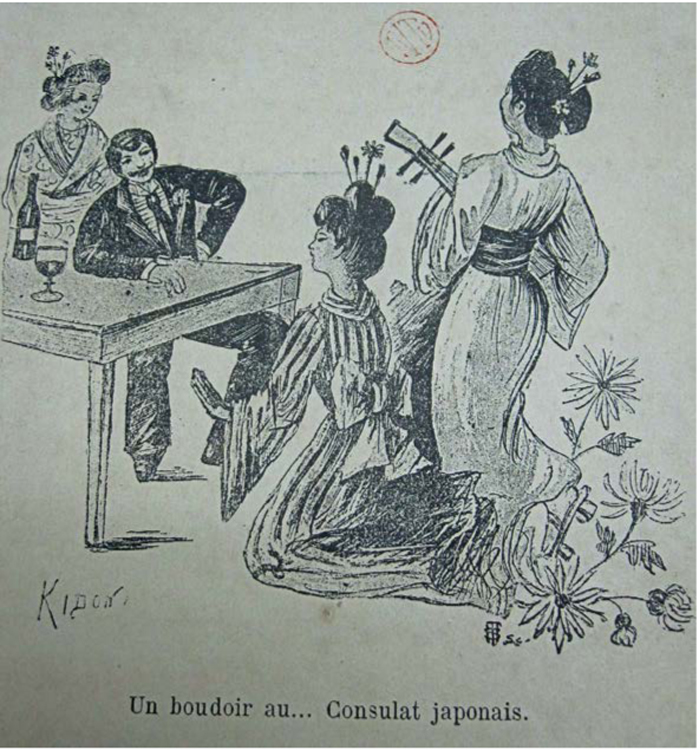

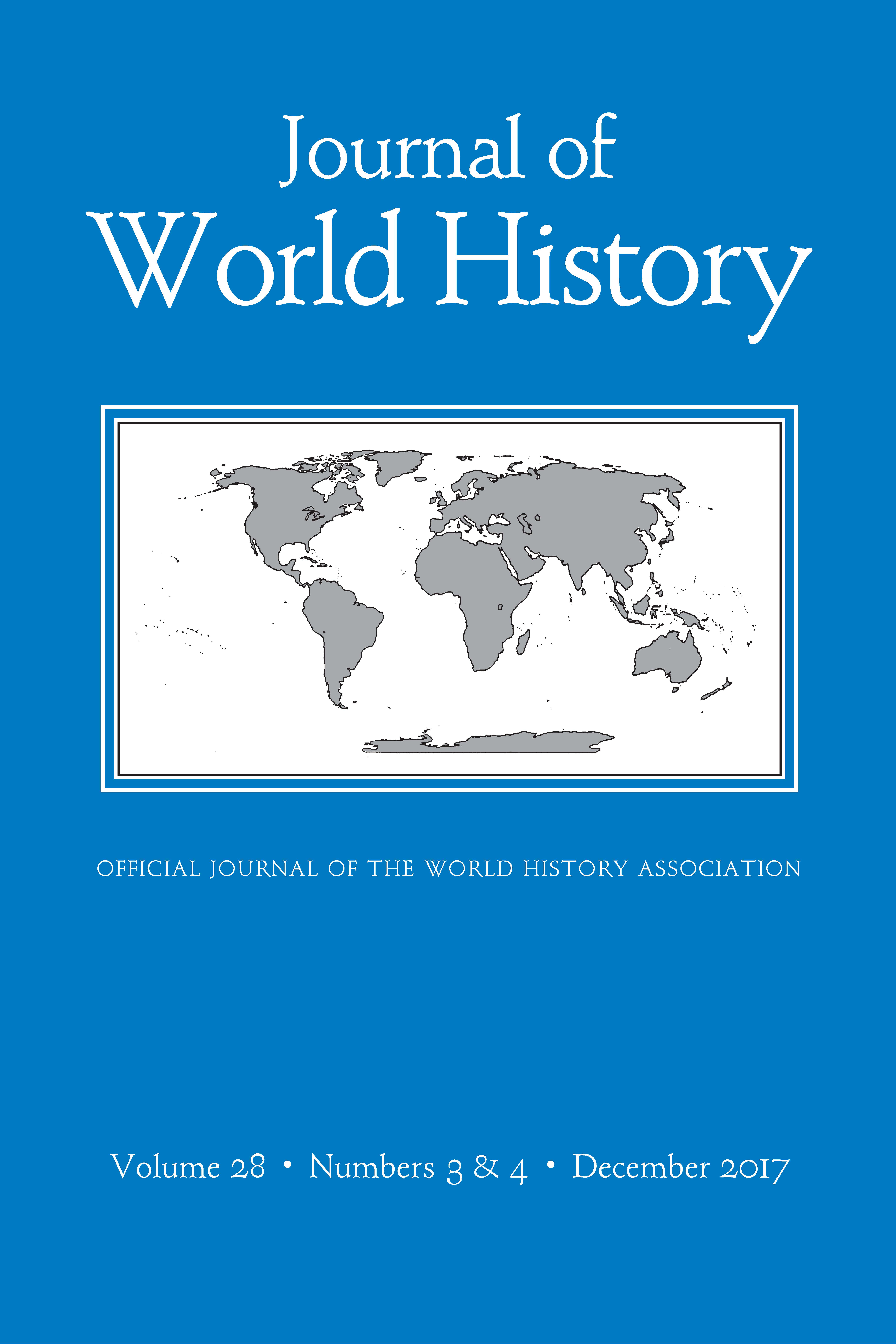
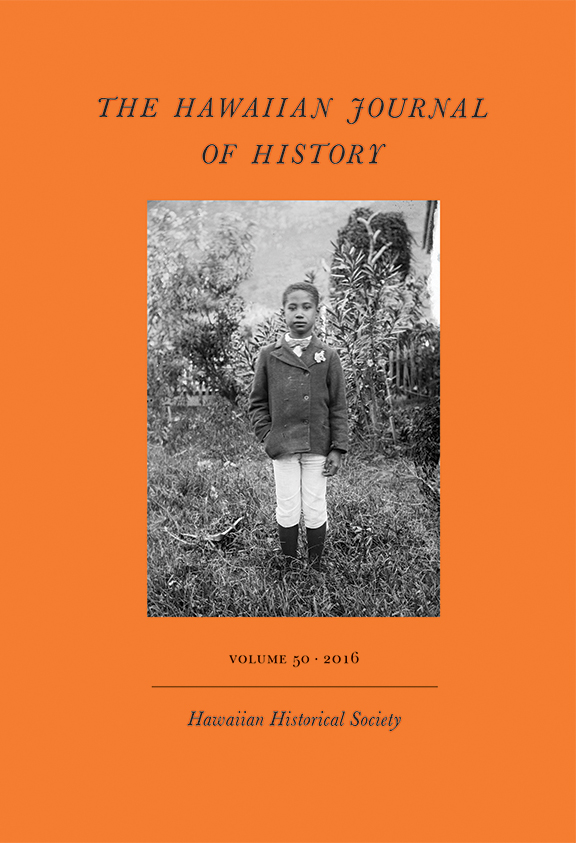
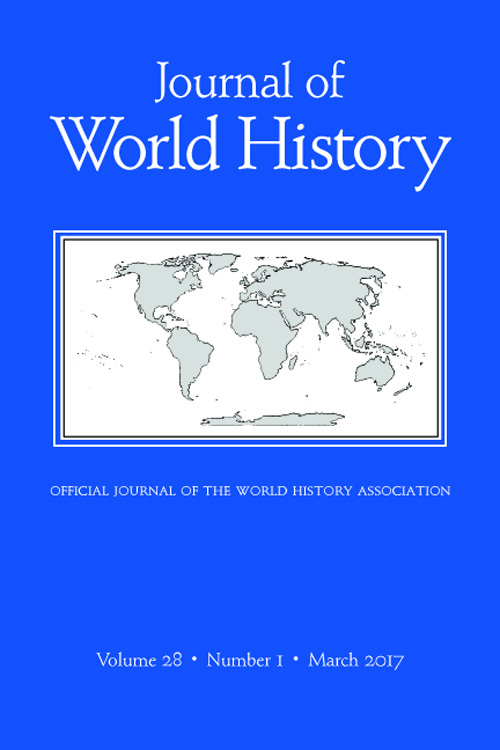
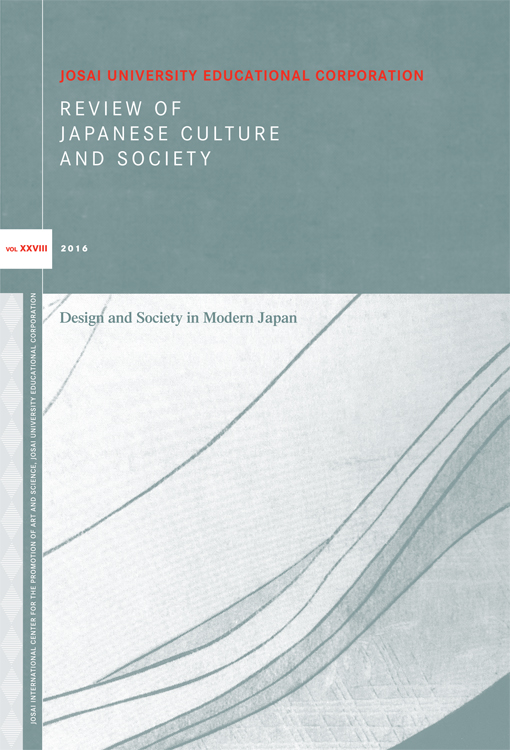 Review of Japanese Culture and Society
Review of Japanese Culture and Society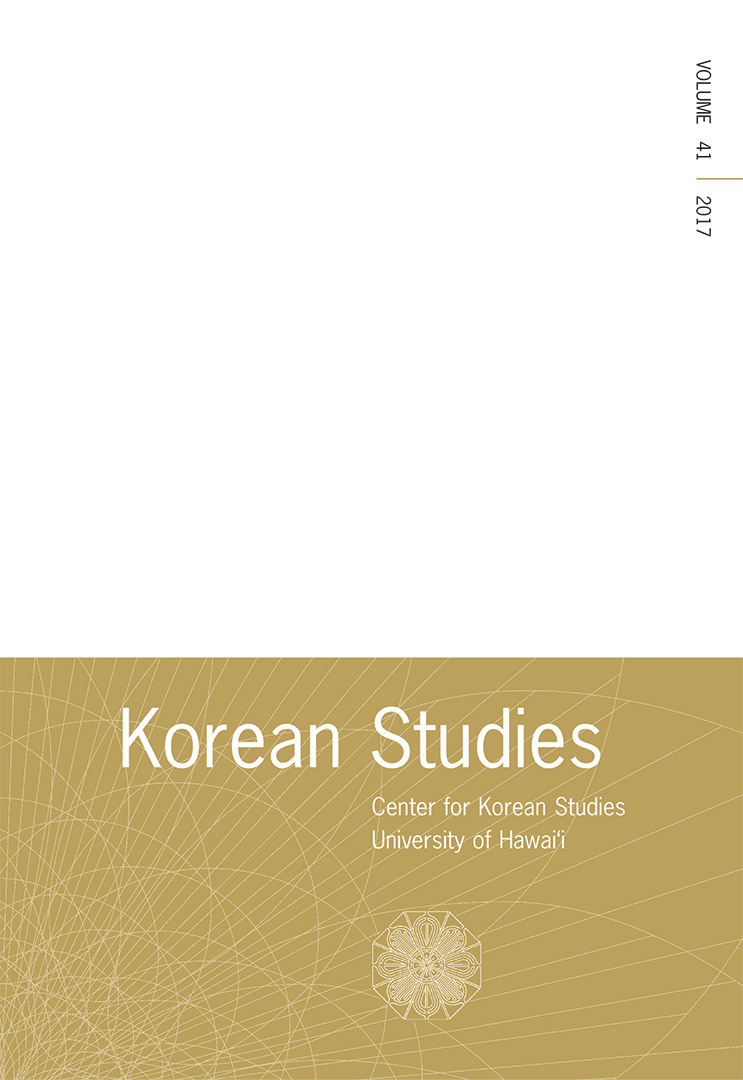 Korean Studies: A Multidisciplinary Journal on Korea and Koreans Abroad
Korean Studies: A Multidisciplinary Journal on Korea and Koreans Abroad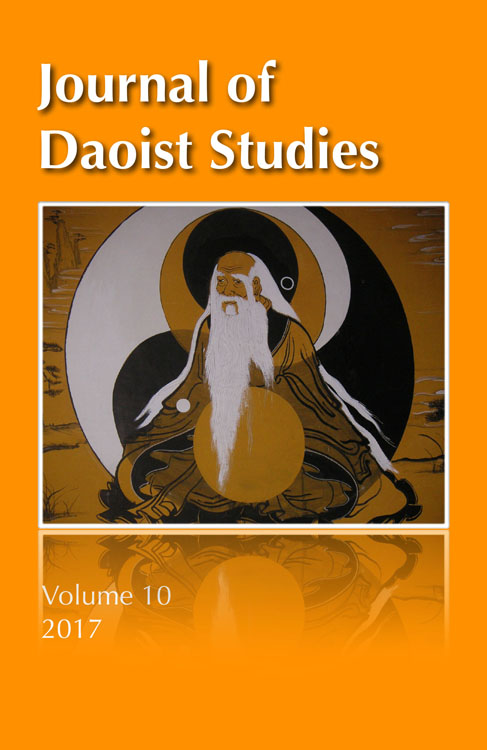 Journal of Daoist Studies
Journal of Daoist Studies Established in 1947, the University of Hawai`i Press supports the mission of the university through the publication of books and journals of exceptional merit. The Press strives to advance knowledge through the dissemination of scholarship—new information, interpretations, methods of analysis—with a primary focus on Asian, Pacific, Hawaiian, Asian American, and global studies. It also serves the public interest by providing high-quality books, journals and resource materials of educational value on topics related to Hawai`i’s people, culture, and natural environment. Through its publications the Press seeks to stimulate public debate and educate both within and outside the classroom.
Established in 1947, the University of Hawai`i Press supports the mission of the university through the publication of books and journals of exceptional merit. The Press strives to advance knowledge through the dissemination of scholarship—new information, interpretations, methods of analysis—with a primary focus on Asian, Pacific, Hawaiian, Asian American, and global studies. It also serves the public interest by providing high-quality books, journals and resource materials of educational value on topics related to Hawai`i’s people, culture, and natural environment. Through its publications the Press seeks to stimulate public debate and educate both within and outside the classroom.